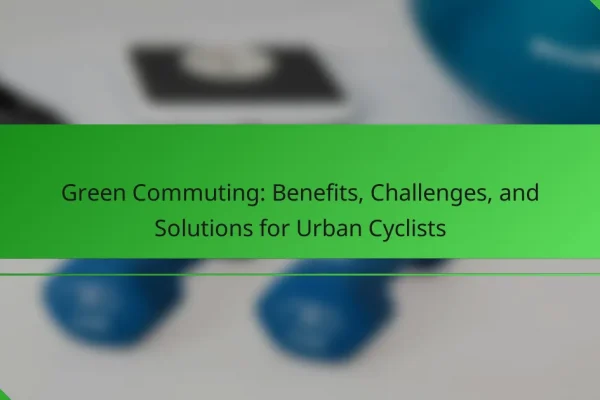
Upcycled Cycling Gear: Benefits, Creative Uses, and Brand Examples
Upcycled cycling gear significantly reduces waste and promotes sustainability in the cycling community. This article explores its environmental benefits, creative uses, and examples of leading brands in the industry. Discover how upcycling enhances performance and contributes to a circular economy while showcasing unique designs. Learn about the challenges brands face and emerging trends in this…








